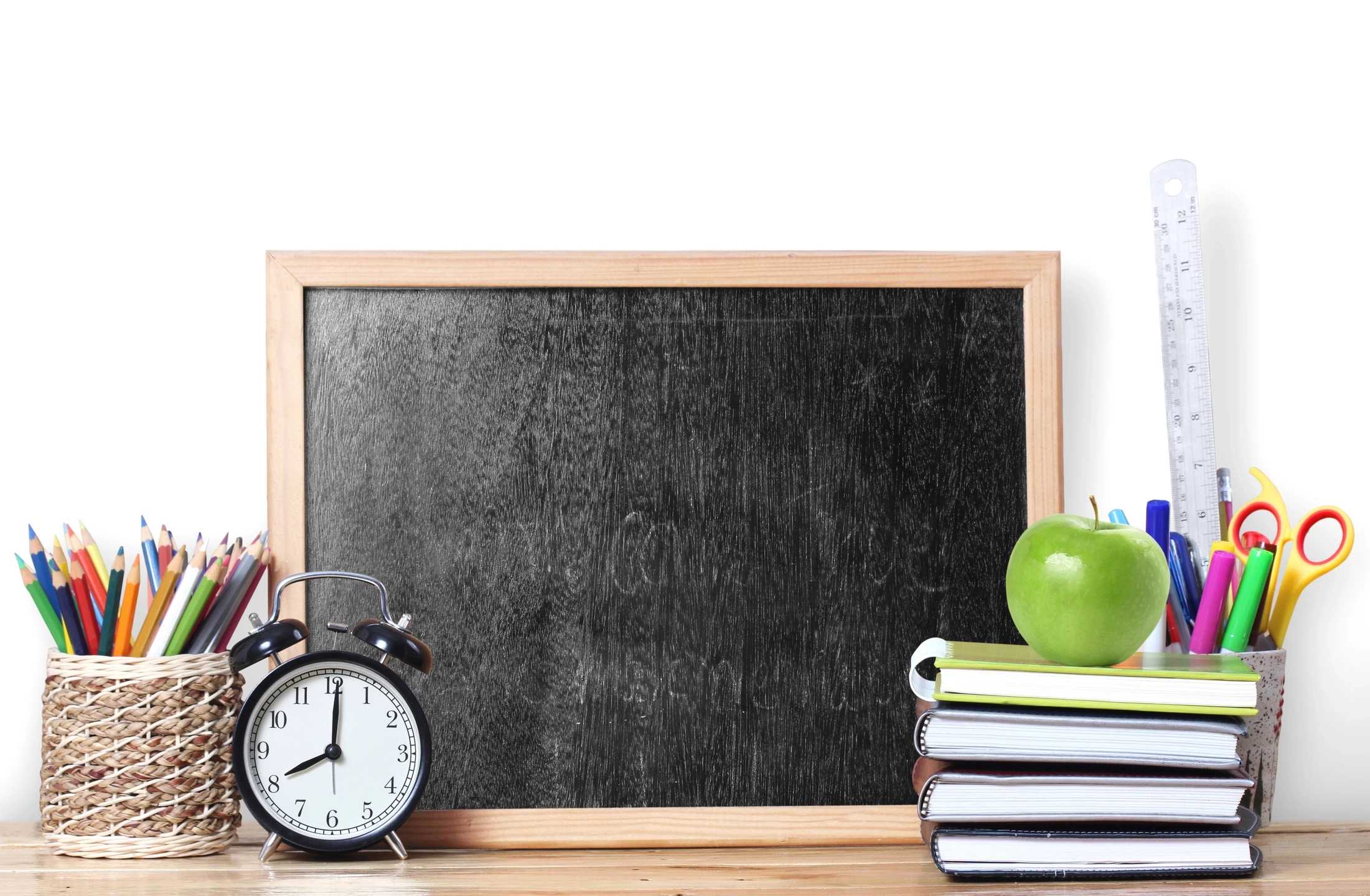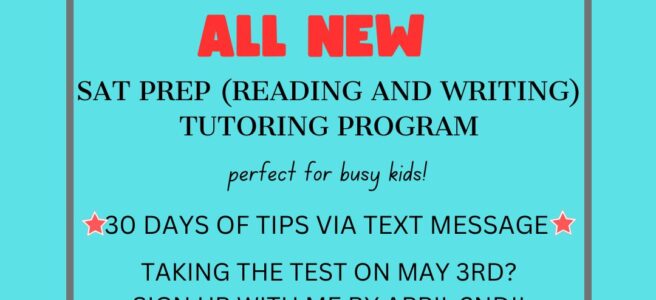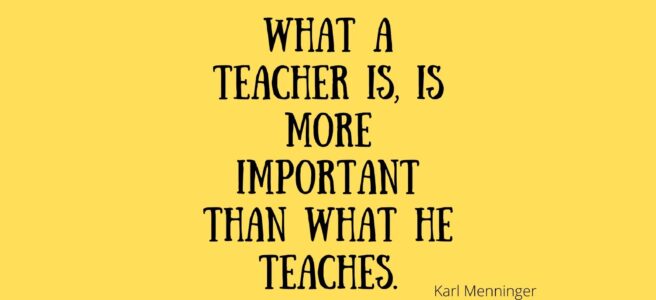Navigating the friendships of your students is something your college education classes will never prepare you for. If you are the type of teacher the kids feel comfortable with, they will tell you everything, whether you want to know or not. Tread lightly, be a good listener, and don’t take on their drama!
I hope it is obvious that you should rarely tell a student that they shouldn’t be friends with someone else. Anticipate a phone call from a very angry parent if you do. I say rarely because I am immediately reminded of a situation a few years ago when I faced the most abusive relationship among kids that I had ever seen. An obsessive, possessive, controlling boyfriend making one young lady’s life miserable. Her friends and I were constantly telling her to dump him. Unfortunately, she was equally dysfunctional and has still not made the break, even now, a few years later. Full-day counseling with the social worker, psychologist, school principal, parents, and kids worked for about 24 hours. I anticipate tragic news at some point in their adult future. I don’t say that dismissively but with the sad knowledge that you can’t save them all, and that home and friends carry more weight than you do.
Getting away from extremes like that, student friendships can be challenging to navigate in several, more ordinary, ways. The first is a situation I have encountered several notable times in my career – the ‘we’ve all grown up together’ friendships. These are the ones that make you want to tear your hair out. The ones that make classroom management so difficult. You have a group of students who have been together since they were in elementary school and quite likely live in the same neighborhood. They are like family – the good and the bad. They have inside jokes that you’ll never know; inside jokes you wish you never knew. Their parents are all friends and they often travel together. They fight with no boundaries and the next day all is forgotten. Getting groups like this to stop talking in class is a nightmare. You mention it at open house and the parents just laugh and say, “Yeah, we know.”
I used to hate those classes. They were disruptive and exclusionary. But then I thought of my brother. He’s one of those kids. His best friends in adulthood are his childhood friends. They’ve all known each other since kindergarten and drove their teachers crazy. But as time went on, they were in each other’s weddings, supported each other through deaths of parents, had kids all the same age who are also friends. All of that has been far more valuable to my brother than whatever he should have been doing in classes at the time. I share that perspective with my students and it usually has a positive impact. They are a little more thoughtful about their behavior in class and save their chaos for another time.
The other side is where you find the broken friendships and the grief kids carry because of them. We make the mistake, as adults, of forgetting that the dissolution of a friendship during the teen years is devastating. It happened to me when I was in tenth grade. I got angry with a friend, every one took her side (without ever asking for mine), and I was set adrift to find new friends. I did, eventually, but my mid-teen years were pretty lonely.
Just yesterday, I had a junior ask to sit with me during our study hall. I knew she was looking for a comfortable place to sit in order to protect herself from a certain boy. I had experienced this with her for the first time a few weeks ago but we hadn’t been in a position to discuss any of it. This time, however, I broached the subject and she was surprisingly receptive. I asked first if the school was aware there was a problem, thinking perhaps this was a case of abuse or stalking. She assured me that the right people were aware. Fortunately, the situation was not as dire as I anticipated, but still extremely upsetting for her. She gave me the basics (boy/girl break up, boy tells lies about girl, other kids take his side, she loses all her friends) and follows it up with how unfair it is. I said, you’re right. It’s never fair. At that point, the tears start to flow. We talked some more and I reminded her how she recently found a passion for photography and is working on the yearbook committee with some genuinely nice kids. That brought a smile. I also shared knowledge that I think every kid needs to hear. When we are really young, our friendships are often based on proximity. You’re friends with the kids who live or sit near you. Kids you already spend a lot of time with. It’s usually in the mid-teen years when you start making friends based on shared values and interests. This is when friends drift apart. And it sucks, especially if you’re not the one moving on.
Today, I sat with her again. I shared the Instagram account of a former student who I hope will be inspirational. She is a professional photographer who goes on the road with different bands as their official tour photographer. Her work is impressive, her star is rising rapidly, and she’s super cool. I know it can’t replace the friends she has lost, but I hope it’s a light at the end of the tunnel for her. Since I know all of the kids involved in this situation, I’d say that this student is going to come out far, far better than the others will . The boy and her former friends look to be going down roads that aren’t so healthy. This sad girl is on an uplifting, positive path and I hope she sees that soon. I can’t exactly tell her that I suspect her former friends are making some pretty poor life choices these days but I think she knows.
Friendships can be tough at any age but when you’re a teenager, they are the world. Teachers must navigate them carefully, understanding how significant social lives are to teens.



